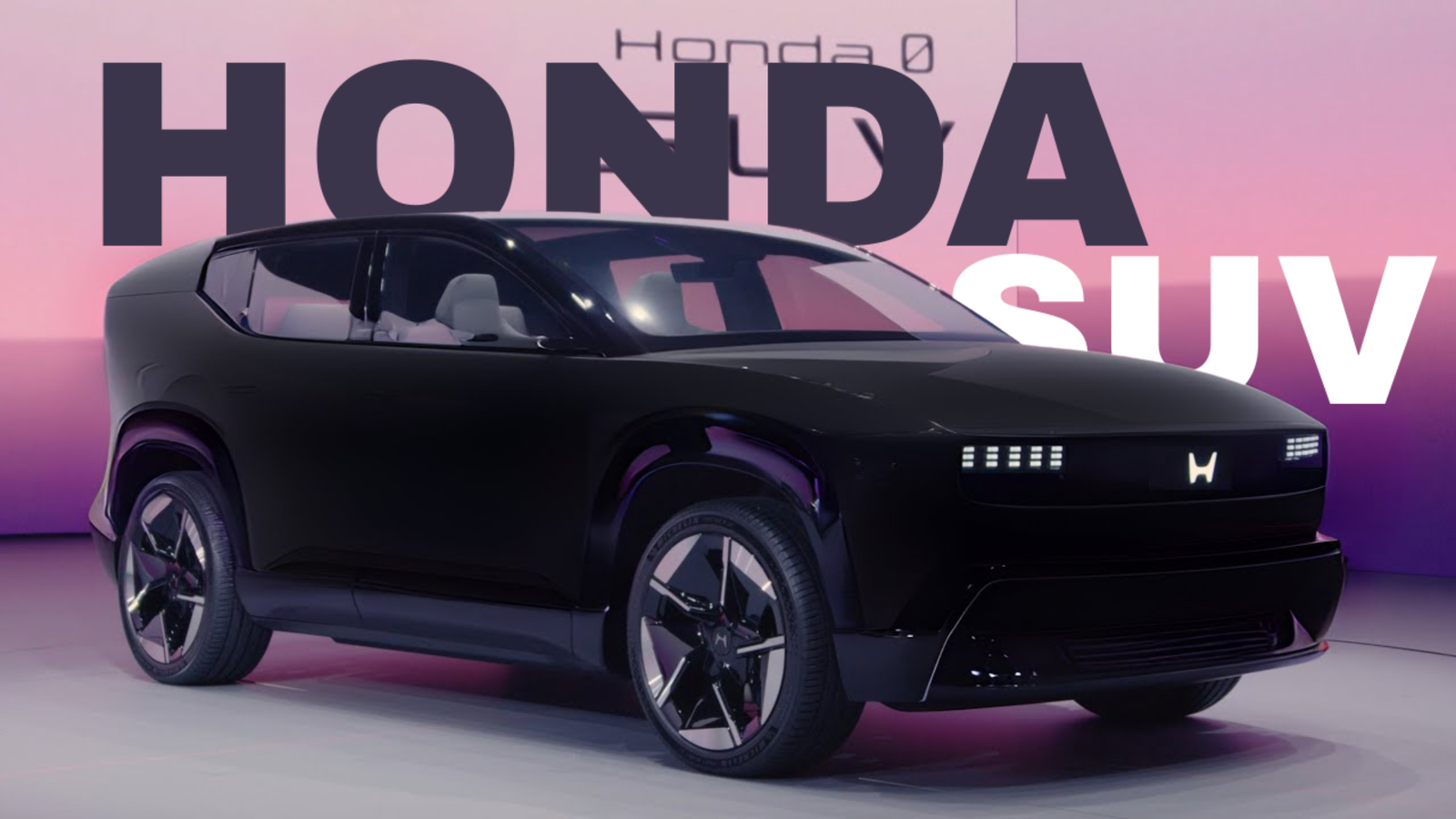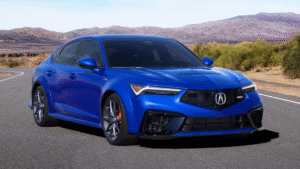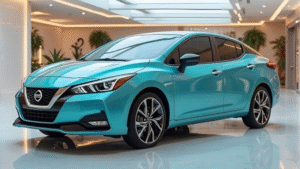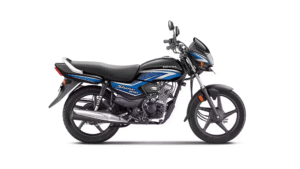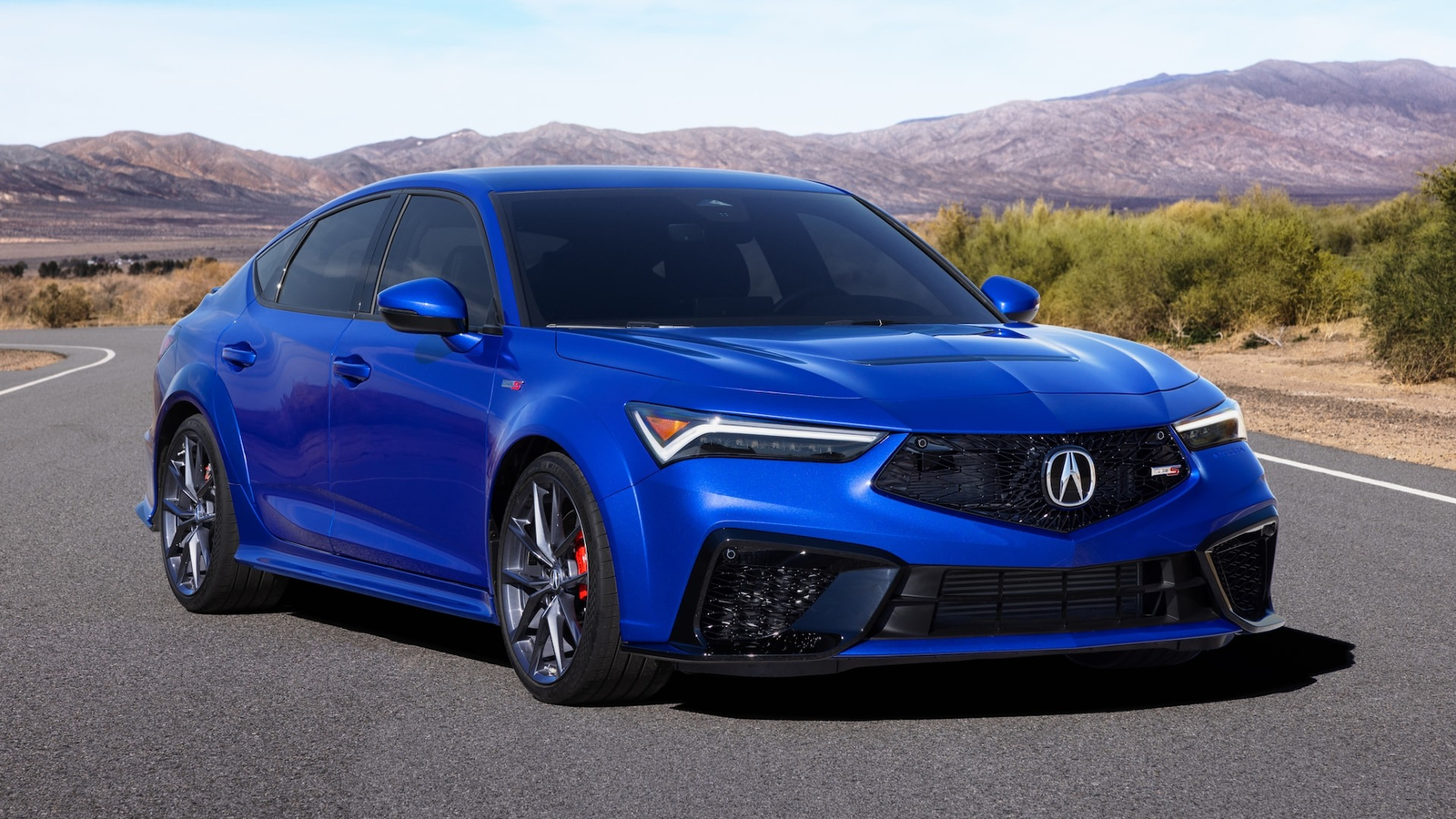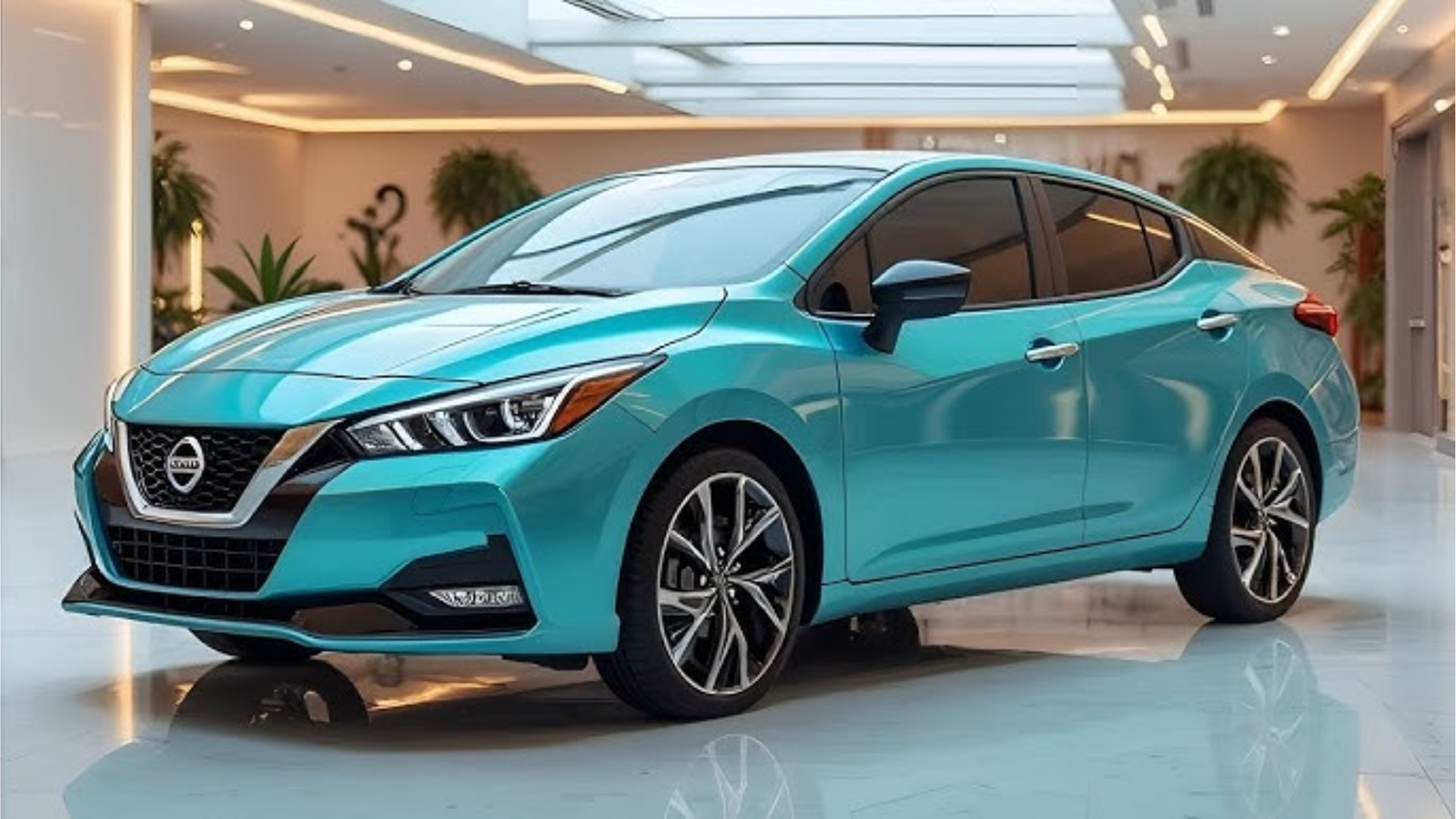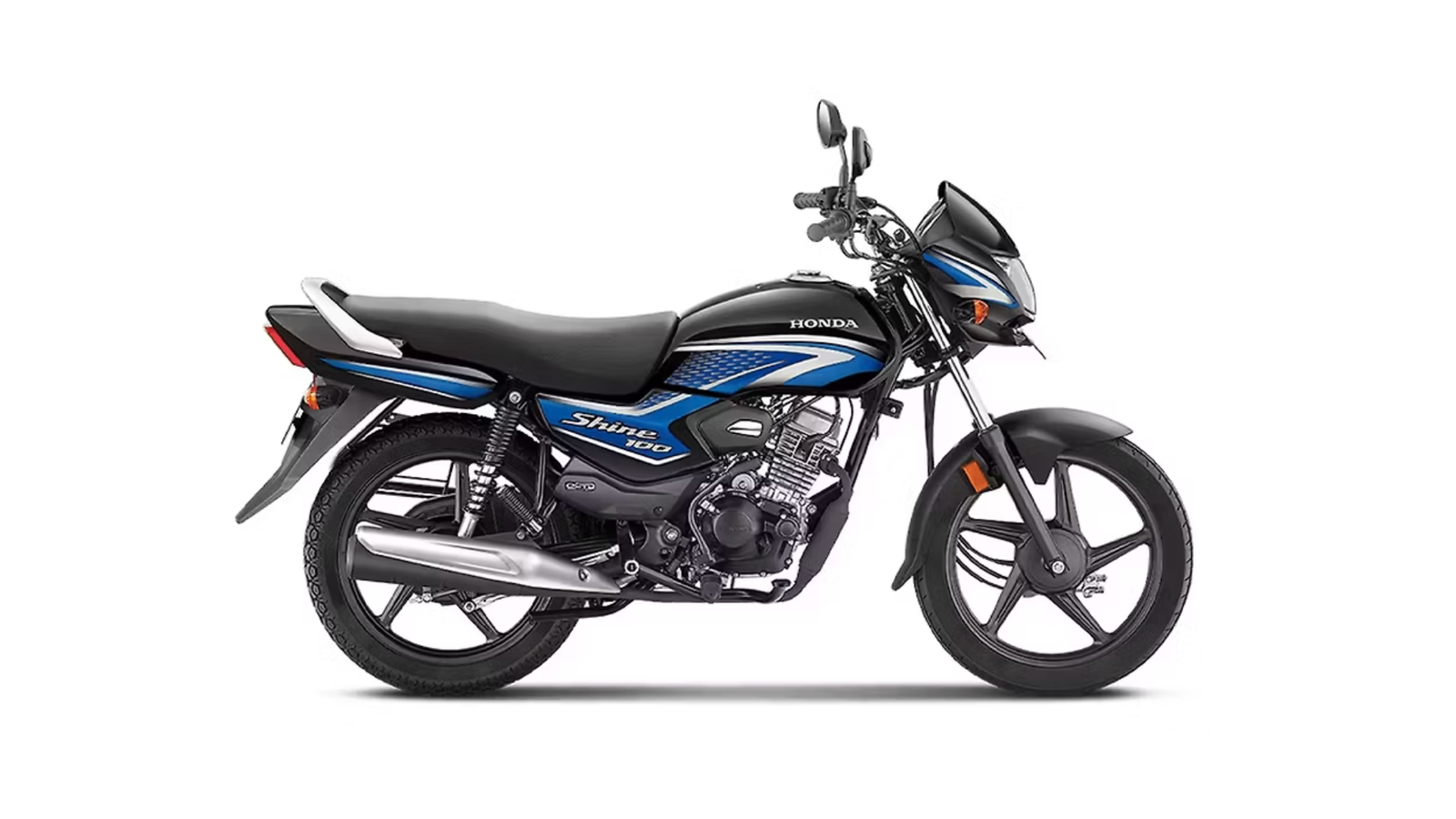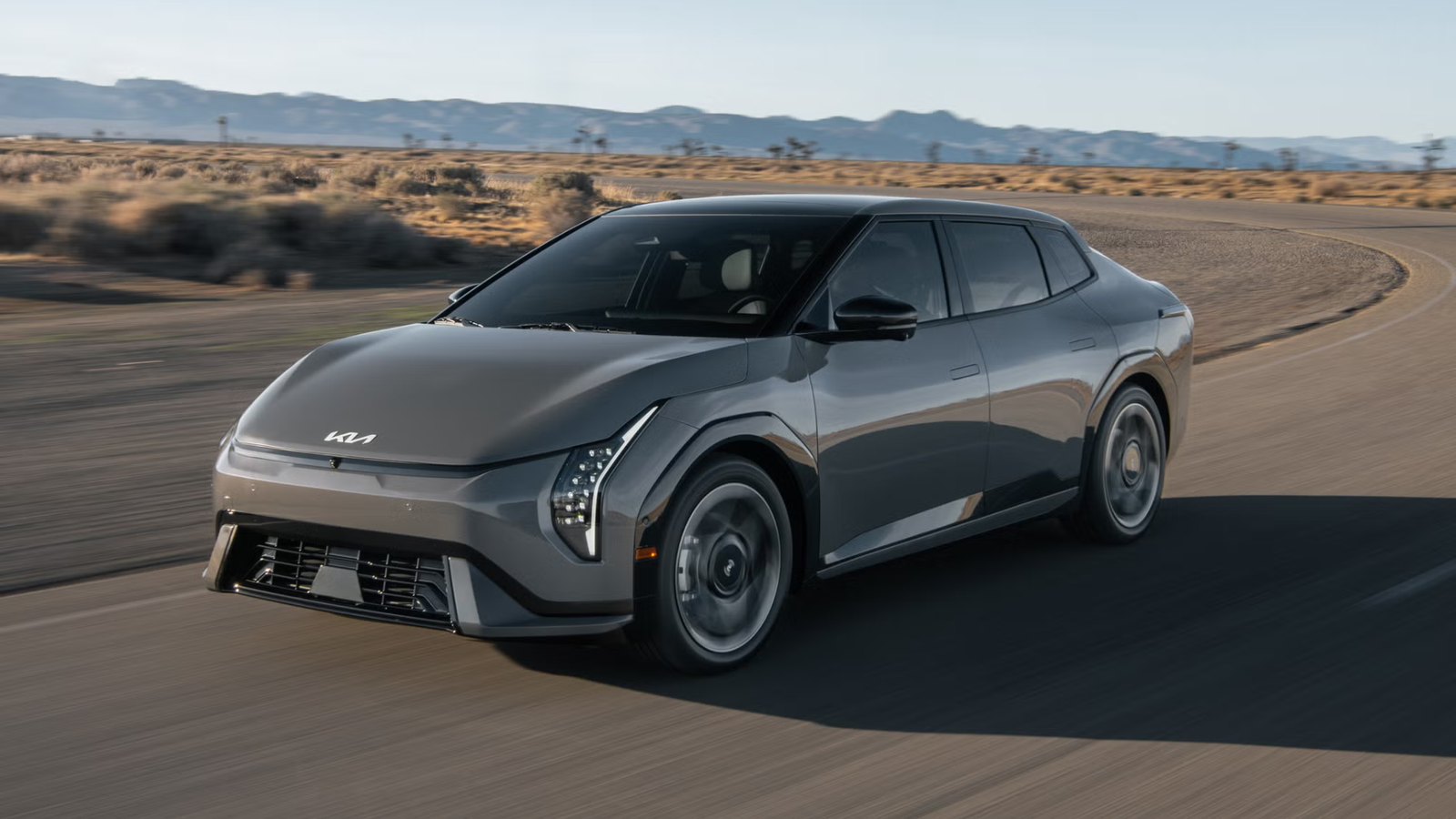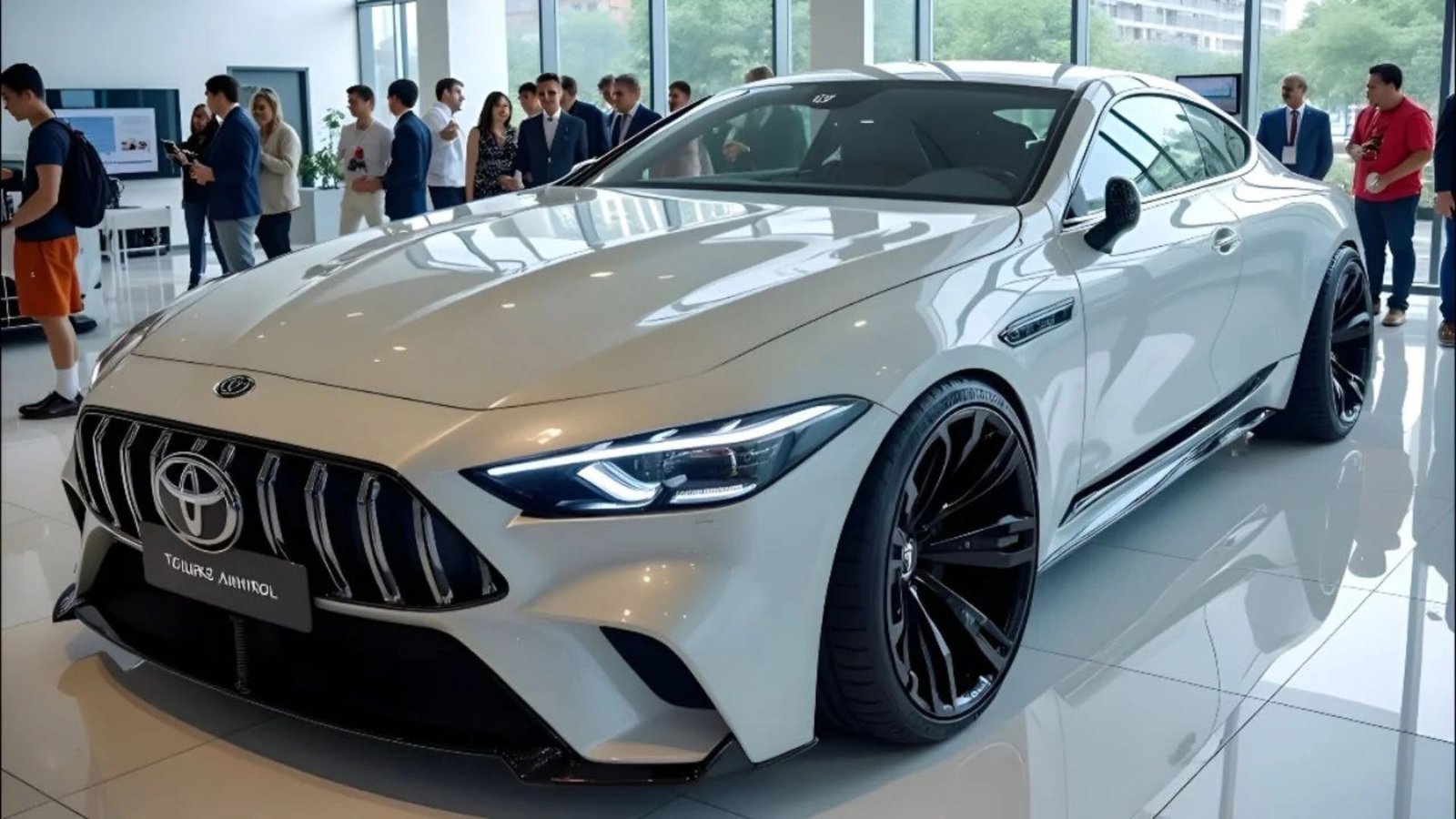2026 Honda 0 Series EVs: Are you excited about the future of electric cars? Honda is stepping up its game with the 0 Series EVs, set to launch in 2026. These vehicles promise to challenge big players like Tesla by focusing on being slim, lightweight, efficient, and super intelligent. In this article, we’ll break down everything in easy-to-understand terms, from the designs to the tech inside. Whether you’re a car fan or just curious about green driving, let’s explore how Honda aims to make EVs more fun and practical.
What Is the Honda 0 Series?
Honda’s 0 Series is a fresh lineup of fully electric vehicles (EVs) designed from scratch. The name “0” stands for a new beginning, like hitting the reset button on Honda’s EV plans.Unlike older models that borrowed tech from other companies, these are built in-house with Honda’s own ideas.
The series follows a simple idea: “Thin, Light, and Wise.” “Thin” means slim batteries and parts to save space and energy. “Light” focuses on keeping the car weight low for better speed and range. “Wise” refers to smart features that learn from you and make driving easier.
These cars will hit the roads starting in early 2026, made at Honda’s new factory in Ohio, USA. Honda wants to sell them worldwide, including in North America, Europe, and Asia.
The Main Models in the Lineup
Honda has shown off a few concept versions, which are like preview models. The key ones are:
- Saloon (Sedan): A sleek four-door car with a sporty look, like a modern version of classic fast cars. It’s angular and futuristic, inspired by old icons like the Lamborghini Countach.
- SUV: A family-friendly crossover that’s roomy inside, with space for five people and lots of cargo. It has a tough, upright shape but stays lightweight.
- Space-Hub (Possible Future Model): A van-like vehicle for bigger groups, but it might come later, around 2027.
Honda also has a related model under its luxury brand Acura called the RSX. This is a coupe-style SUV with a sloping roof, directly aimed at rivals like the Tesla Model Y.
Standout Features of the 2026 Honda 0 Series
What makes these EVs special? Honda packed them with tech that’s easy to use and forward-thinking. No more complicated jargon – here’s the breakdown in plain English.
Thin and Light Design for Better Efficiency
Honda’s engineers worked hard to make these cars slimmer and lighter than many competitors. Why? It helps the battery last longer and makes the car quicker.
- The batteries are thin, so the floor is lower, giving more headroom inside.
- Overall weight is reduced using smart materials, which means the car can go farther on a single charge – at least 300 miles for most models.
- Aerodynamics (how air flows over the car) are improved for less drag, boosting speed and saving energy.
For charging, these EVs use a fast system: from 15% to 80% battery in just 10-15 minutes. They also have the North American Charging Standard (NACS) port, which works with Tesla’s Supercharger network. Plus, vehicle-to-grid tech lets you send power back to your home or the grid, like turning your car into a backup battery.
Wise Technology and Super Smart Systems
The “Wise” part is all about brains. Honda’s new operating system, called Asimo (named after their famous robot), runs everything from music to safety.
- Big screens stretch across the dashboard, showing info for the driver, passengers, and navigation.
- Over-the-air updates mean the car gets better over time, like your phone, without visiting a shop.
- AI (artificial intelligence) learns your habits, suggesting the best charging times or routes.
- Automated driving reaches Level 3, where the car can handle highways on its own in some cases, but you stay ready to take over.
- Steer-by-wire uses electronics instead of old-school mechanical parts for smoother handling. The steering wheel is a yoke (like a half-wheel) that flips for easy getting in and out.
These features make the Honda 0 Series feel “insanely smart,” adapting to your life for safer, more enjoyable drives.
How the Honda 0 Series Compares to Tesla
Honda isn’t shy about taking on Tesla. While Tesla leads in software and charging spots, Honda focuses on build quality, comfort, and human-friendly tech. Here’s a quick comparison table focusing on the Honda 0 SUV vs. Tesla Model Y (based on 2025 models, as 2026 details may evolve).
| Feature | Honda 0 SUV (2026) | Tesla Model Y (2025) |
|---|---|---|
| Starting Price | Expected around $30,000-$40,000 | Starts at $44,990 |
| Range | At least 300 miles | Up to 320 miles |
| Charging Time (15-80%) | 10-15 minutes | About 15 minutes |
| Autonomous Driving | Level 3 (eyes-off in limited areas) | Level 2 (Full Self-Driving needs supervision) |
| Interior Space | Spacious with flexible seats | Roomy but more minimalist |
| Charging Compatibility | NACS port, works with Tesla stations | Native Supercharger access |
| Unique Perks | Vehicle-to-grid, AI personalization | Autopilot, huge software ecosystem |
This table shows Honda aiming for affordability and advanced safety, while Tesla shines in updates and network.
Pros and Cons of the Honda 0 Series
Here are some quick points to consider:
- Pros:
- Affordable entry into premium EVs.
- Fast charging and long range for daily use.
- Smart AI that makes driving personal and safe.
- Compatible with Tesla’s charging world.
- Fun, lightweight design for better handling.
- Cons:
- New tech might have early bugs.
- Less established EV network than Tesla.
- Automated features limited to certain roads.
- Production delays could happen in a fast-changing market.
Frequently Asked Questions (FAQ)
What is the release date for the Honda 0 Series?
The first models, like the SUV, launch in early 2026, with the sedan following later that year.
How does the Honda 0 Series compare to Tesla in price?
Honda aims for under $40,000 starting prices, making it cheaper than many Tesla models like the Model Y.
Will the Honda 0 EVs work with Tesla chargers?
Yes, thanks to the NACS port, you can use Tesla Superchargers with an adapter if needed.
What makes the 0 Series “wise”?
It uses AI and a smart OS to learn from drivers, update automatically, and offer Level 3 self-driving in some situations.
Are there any eco-friendly features?
Absolutely – lightweight design saves energy, and vehicle-to-grid helps balance the power grid for greener living.
Conclusion: A Bright Future for Honda EVs
The 2026 Honda 0 Series EVs are set to shake up the electric car world. By being thin, light, and wise, they offer a fresh take on what an EV can be – efficient, smart, and fun without breaking the bank. While Tesla remains a giant, Honda’s focus on human-centered tech and quick charging could win over families and daily drivers. If you’re thinking about switching to electric, keep an eye on these models. They might just outclass the competition and make sustainable driving exciting for everyone.


